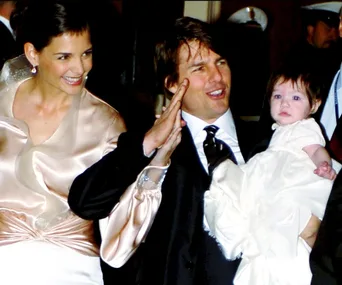The first person Valeska Paris lost to religion was her mother.
There are pieces of that cold day in September that have been blanked from her memory, but she will never forget how it felt to stand on a windy English hillside and watch the woman who had raised her be escorted away. Valeska was six years old and she felt confused and scared.
Only a few hours earlier she had been at home in Switzerland saying goodbye to her teary grandmother as she and her family departed for Geneva airport. Her grandmother looked hopeless, she recalls. Valeska, now 41, hadn’t been told what was going on, but she knew it related to her parents’ divorce, and their religion, Scientology.
“It was a clear, crispy day,” Valeska says. She and her sister Melissa, then four, her two-year-old brother Raffael and their father were on a hillside in East Grinstead, Sussex. Her mother, Ariane, was standing apart from them, flanked by two men in grey uniforms. An old, blue bus was idling nearby and Ariane was crying.
“She said, ‘I’m going to the canteen to get hot chocolate, I’ll be right back’.” When she walked away, the men in grey went with her.
The year was 1984 and the Paris children were about to become cadets in the Sea Org, the secretive and strict inner sanctum of the Church of Scientology. Their mother would remain a “public”, or non-Sea Org member of the church.
“It was so upsetting. My mum just disappeared,” Valeska says. “I was crying my eyes out, ‘Where’s mum?’.”
Valeska’s family was ripped to pieces that day, and remains fractured 35 years later. The memory is still painful, she says as she sits at her kitchen table in Queensland drawing her complicated family tree.
She writes names then strikes lines through some of the branches broken by the church’s strict policy of disconnection. She hasn’t seen her father since 2001. For 14 years she didn’t speak with her sister and she has a half-brother she’s never met.
Valeska’s stepmother, Angela, who married her father Jean Francios in 1985 and loved his children like her own, died of cancer last year without Valeska even knowing she was sick.
“We didn’t get to say goodbye, nothing,” Valeska says. “It was really upsetting.”
She has been cut off from Scientologist family members since she left in 2009 and became a vocal critic of the church. Most recently she publicly criticised their recruitment practices in Australia.
“They have no care for the individual,” she says. “It’s all about the organisation and the money.”
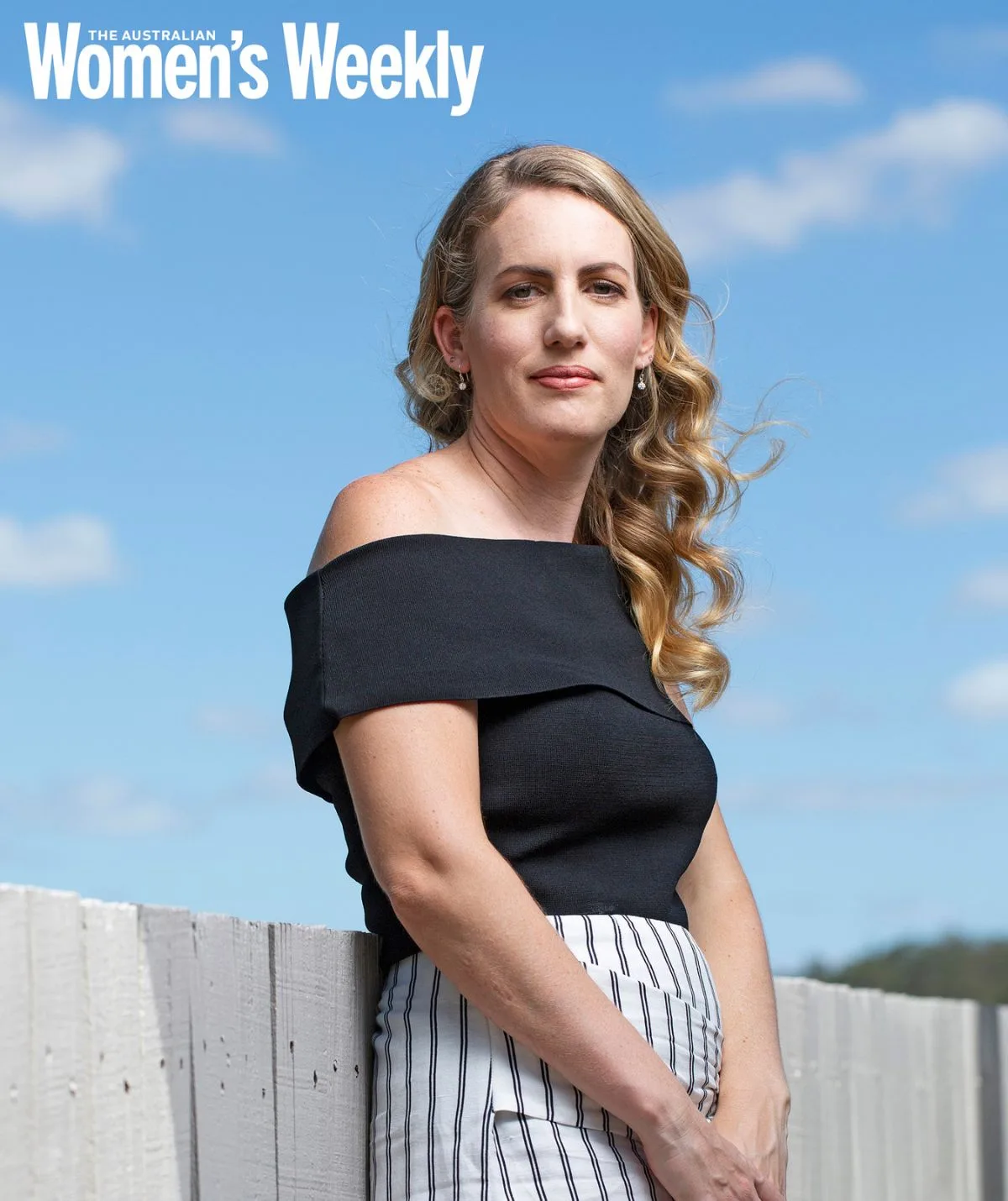
Valeska Paris has seen firsthand how the church rips families apart.
(Image: Russell Shakespeare)Scientology has been in the news again recently over a fatal stabbing at the Australasian headquarters at Chatswood, Sydney. A 16-year-old boy is alleged to have stabbed two men, one of whom later died in hospital. He is facing serious criminal charges including murder.
Detectives told Australia Associated Press that he was trying to visit his mother who was due to undergo a purification ceremony. These ceremonies rid the body of toxins that create “a bio-chemical barrier to spiritual wellbeing”, according to the church. The teen was reportedly asked to leave and produced a knife in the driveway. The Chatswood centre, which opened in 2016, is the largest Scientology Centre outside the United States.
In a bizarre move, the church blamed defectors for inciting the hatred. Specifically, it attacked actress and former member Leah Remini, and ex-church spokesman Mike Rinder, whose A&E documentary series, it claims, provoked the accused young man. It denied The Weekly’s request for an interview and, in a letter sent from its offices in California, dismissed reports the teen was being prevented from seeing his mother as “internet speculation”.
Valeska says attacking people who criticise Scientology is part of the religion’s DNA. The organisation thrives on secrecy and mind-control, using humiliation and threats to keep members in line, she explains. The church has come after Valeska previously, branding her an “apostate”, a liar and an unreliable source.
In response to The Weekly’s queries, spokeswoman Karin Pouw said Valeska and Melissa regularly serve as paid sources for sleazy tabloids. The Weekly did not give Valeska or Melissa payment of any form.
“Hubbard was a genius,” Valeska says of church founder L. Ron Hubbard.
“He was evil but what he did was really smart in terms of how manipulative it is and how it has its own language and own technology so that people who aren’t in it don’t understand.”
A lifetime of abuse which drove her to the point of contemplating suicide forged in her a strength and determination to shine a light on the shadowy organisation.
“I never wanted to be there but I became dedicated,” she says. “All of the terrible stuff you witness, it’s all justified because it’s for the greater good.”
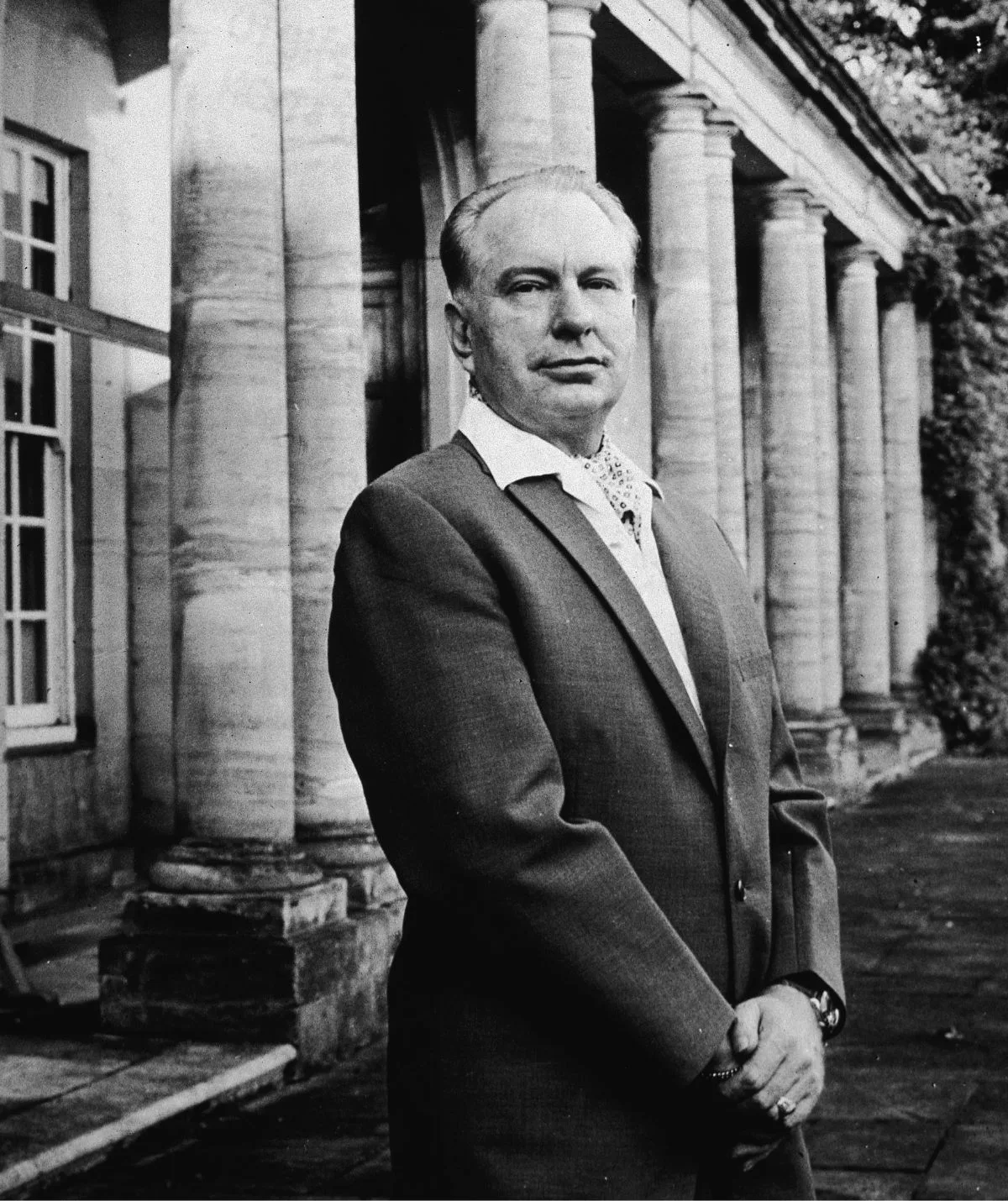
L Ron Hubbard, founder of the controversial Church of Scientology.
(Image: Getty)After her mother was led away on that grim day in 1984, Valeska and her siblings were herded onto the bus. She remembers the creak and wheeze of the overworked engine as it laboured up Saint Hill Drive, through the trees towards a dilapidated manor.
“We were crying,” Valeska says. “We were so upset.”
Her father tried to comfort them, but Valeska was inconsolable.
“The wrenching pain in my gut was unbearable. I felt completely crushed. My sister did, too.”
Raffael was too young to know what was happening.
“He didn’t understand that he’d just lost his mother.”
Their new reality was one of Dickensian harshness. Jean Francois would live at Saint Hill as a fully fledged member of the Sea Org while his children would stay in the Stonelands cadet wing, a place Valeska describes as “basically an orphanage”, that was home to approximately 500 children waiting to come of age.
“The house we lived in was disgusting,” she says.
Many of the windows were broken. They slept in cramped, dirty dormitories and ate in an unhygienic dining hall.
“It had these long white tables, a huge hole in the ceiling and a plastic yellow floor with water all over it.”
Melissa, who now lives in Texas, found Stonelands particularly brutal. At age 10, she was sent away to the Rehabilitation Project Force. Former members say the RPF is a punitive, re-programming camp.
The church describes it as a “voluntary program of spiritual rehabilitation” that provides a “second chance” to members who have “failed to fulfil their ecclesiastical responsibilities”.
There, 10-year-old Melissa was subjected to six months of isolation and hard labour.
“I kind of had a breakdown,” she says. “There was rampant sexual abuse. Physical abuse. Everything. I was one of the ones who had it the worst.”
Valeska also has stories of abuse that she both witnessed and endured.
At one point when she was a cadet, she tried to use the payphone at the facility to call child services.
“They ripped the phone off the wall,” she says. “If anybody reported [abusers] to police they would get excommunicated. It’s a suppressive act. Reporting things to the authorities is at the same level as murder in Scientology.”
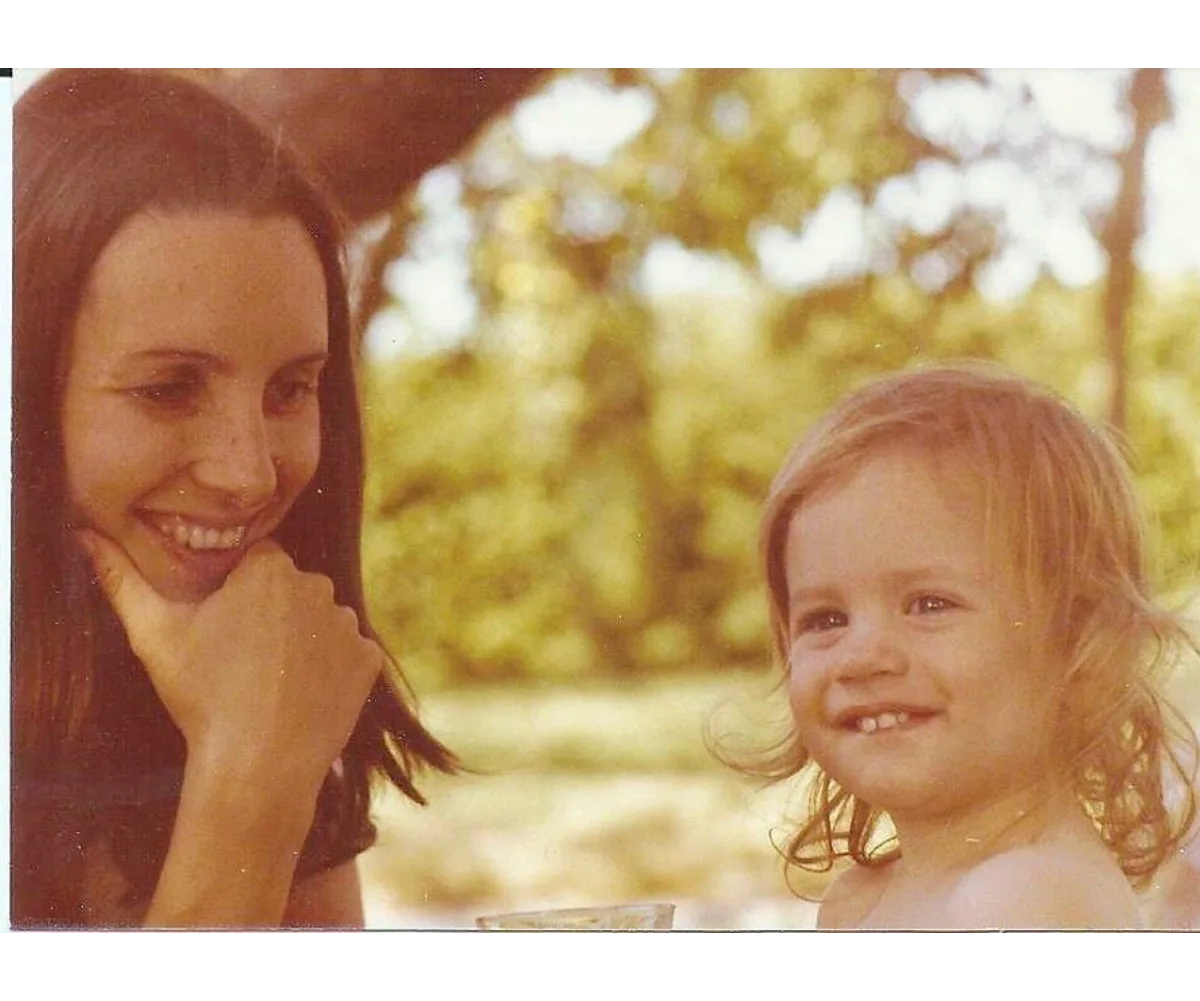
Valeska with her mum, Ariane, in Switzerland.
(Image: Supplied)For adults, joining the Sea Org is like joining the priesthood. It’s a full-time occupation that demands unwavering devotion. The church calls it a religious order composed of the “singularly most dedicated Scientologists”. They are required to sign a contract for a billion years.
“You don’t have contact with anyone who’s not a scientologist,” Valeska says.
The strict rules break up families, separating mothers and daughters, fathers and sons. Within the Sea Org, parents and children were housed apart.
In 1986, after it became apparent “the duties of a member of the Sea Organization were not compatible with raising children”, the church banned members from having babies. The church’s policy states members who wish to be parents can take a leave of absence, but the decree gave rise to allegations of forced abortions.
Meanwhile, those born before 1986 were left to languish.
“We were treated like a distraction getting in the way of our parents cleaning the planet,” Valeska says. “You can’t show emotion. If you cry you get yelled at. There was no sympathy for us missing our mum. It was like, ‘Knock it off’.
“The Cadet Org doesn’t get covered much but it should because that’s children and it is child abuse,” Valeska says.
“The Cadet Org was shut down during the early 2000s but the adults who were raised there still carry the scars from that time. We would have to clean the bathrooms and clean that disgusting house with bleach and we would have no protection,” Valeska says. “Pure big bowls of bleach – I still remember to this day that smell. Your nose kind of goes numb.”
Despite the religion’s strict regulations, a certain lawlessness pervaded much of the cadets’ lives. The children were always starving, Valeska says, and often broke into the pantry to steal food. They ran riot.
“With cadets, we were considered to be just in the way and trash. They didn’t want the work of looking after us. And we were wild. I’m surprised no one died.”
The nannies were outnumbered. The children would climb on the old Stonelands’ roof.
“We’d walk across it and there were tiles falling off. It was so dangerous.”
They went to a Scientology school nearby at Greenflieds, but not a school as we understand it.
“It was done under Hubbard’s technology and you’d have to study by yourself – you couldn’t have a teacher teaching it to you. It wasn’t proper schooling,” Valeska says.
“If the other kids saw us they’d call us sci-no brainwashers. We had our own little blue bus and we had to hide under the seats when we’d drive past any schools because they’d throw rocks at us.”
Encounters like this with people outside the church reinforced the messaging that Scientology was the superior way of life.
“There was nowhere to go because the outside world was hostile,” Valeska says.
“Don’t ever abuse people in the Sea Org or be nasty to them because they are suffering, they’re going through abuse and if you treat them like that they will feel like they have nowhere else to go. And it will validate what Hubbard said. It will be like: Oh he is right, the outside world is degraded.”
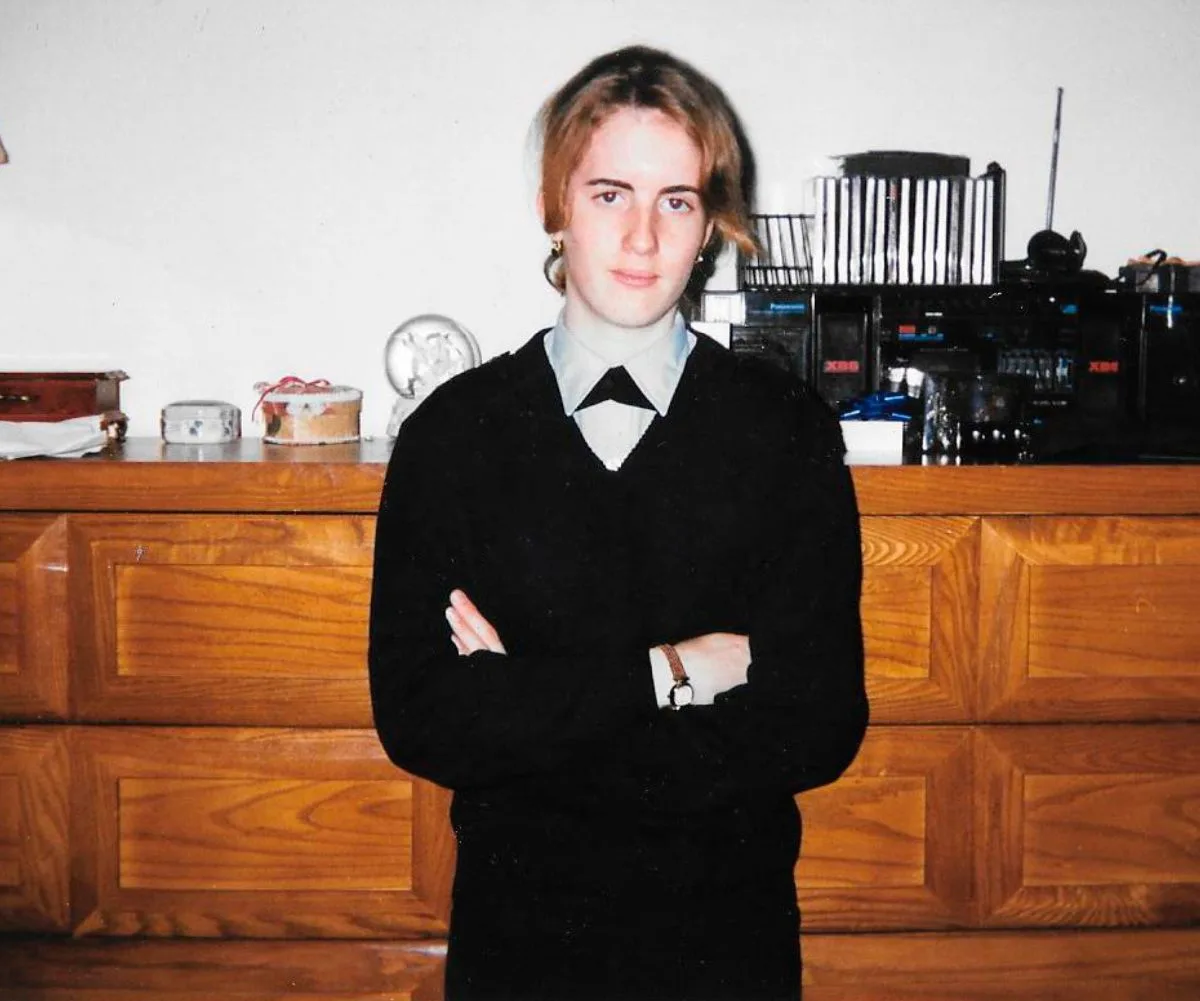
Valeska as a teenage Sea Org member.
(Image: Supplied)Life changed for Valeska at 13 when she was taken out of the Greenfields Scientology school and sent to the local public school, where she was mercilessly bullied. Her stepmother Angela tried to help her, but soon Valeska started wagging.
“She tried so hard, bless her soul,” Valeska says of Angela.
From the time they married in 1985, Angela took her husband Jean Francois’ children into her heart and cared for them as if they were her own.
“She’d get up really early and make sure we got out of bed and went and had breakfast,” Valeska says.
“She went and got child support money and she would buy us these chocolate milk drinks. She did the best she could in that environment, which is not a lot, but she really loved us, especially my brother because he was around two when she got him.”
Despite this, the Paris children barely saw their father and stepmother, and the relationship they did have with Jean Francios was “warped”.
“You can’t go to your parents,” Valeska says.
“If I got into a fight with one of the other cadets and got completely punched out, which happened a couple of times, you can’t go to your parents because you’re putting bad news on your parents and they’re trying to do their job.”
During the summer, Valeska and her siblings were permitted to spend a few weeks with their mother, Ariane, who had relocated to Florida with her new husband, Albert. There they lived normal lives for six weeks of the year in a nice house with fresh food and a television.
“It would almost have been better if we never went,” Valeska says, explaining how painful it was to return to Stonelands.
One year, Ariane tried to keep the children and save them from their harsh lives at the Cadet Org, but the church prevented it. Valeska, Melissa and Raffael, who were trained not to show emotion or disobey the church, returned to England. Having been born into Scientology, the only thing worse than living at Stonelands was the threat of being excommunicated.
Valeska remembers a 14-year-old cadet named Miriam who was kicked out onto the street.
“There was another girl who also got kicked out and she went to Switzerland and became a prostitute at 16 years old to make money,” she says. “I didn’t want to end up on the street, which is why I joined the Sea Org.”
Valeska was staying in Florida with her mother when she decided to join the Sea Org so that she wouldn’t have to go back to Stonelands.
“My brother and sister went back to England and I completely lost touch with them because that’s how it is,” she says.
She was only 14 years old when she signed the billion-year contract binding her to the church.
“I remember so vividly when I was in the Sea Org, lying in my bed thinking, what am I doing? What am I doing with my life? Why am I here? But then it was like I didn’t have anywhere else to go.”
When Valeska fled England for the Sea Org in Florida, her mother had also become a Sea Org member, but by the time Valeska was 16, Ariane had started questioning Scientology. Ariane made moves to take legal action against the church and Valeska was put under pressure to call her mother and try to convince her not to go through with it.
Ariane tried to maintain contact with her daughter, but Valeska was removed from the Florida Sea Org and sent to work on the Freewinds – the Scientology cruise ship that hosts high-end members, including Tom Cruise. In her words, she was effectively imprisoned.
“I saw the ship and I instantly hated it,” Valeska says. “I went up the gangway and I just felt that horrible feeling that I felt when I arrived in England … where you have no friends, you know nobody.”
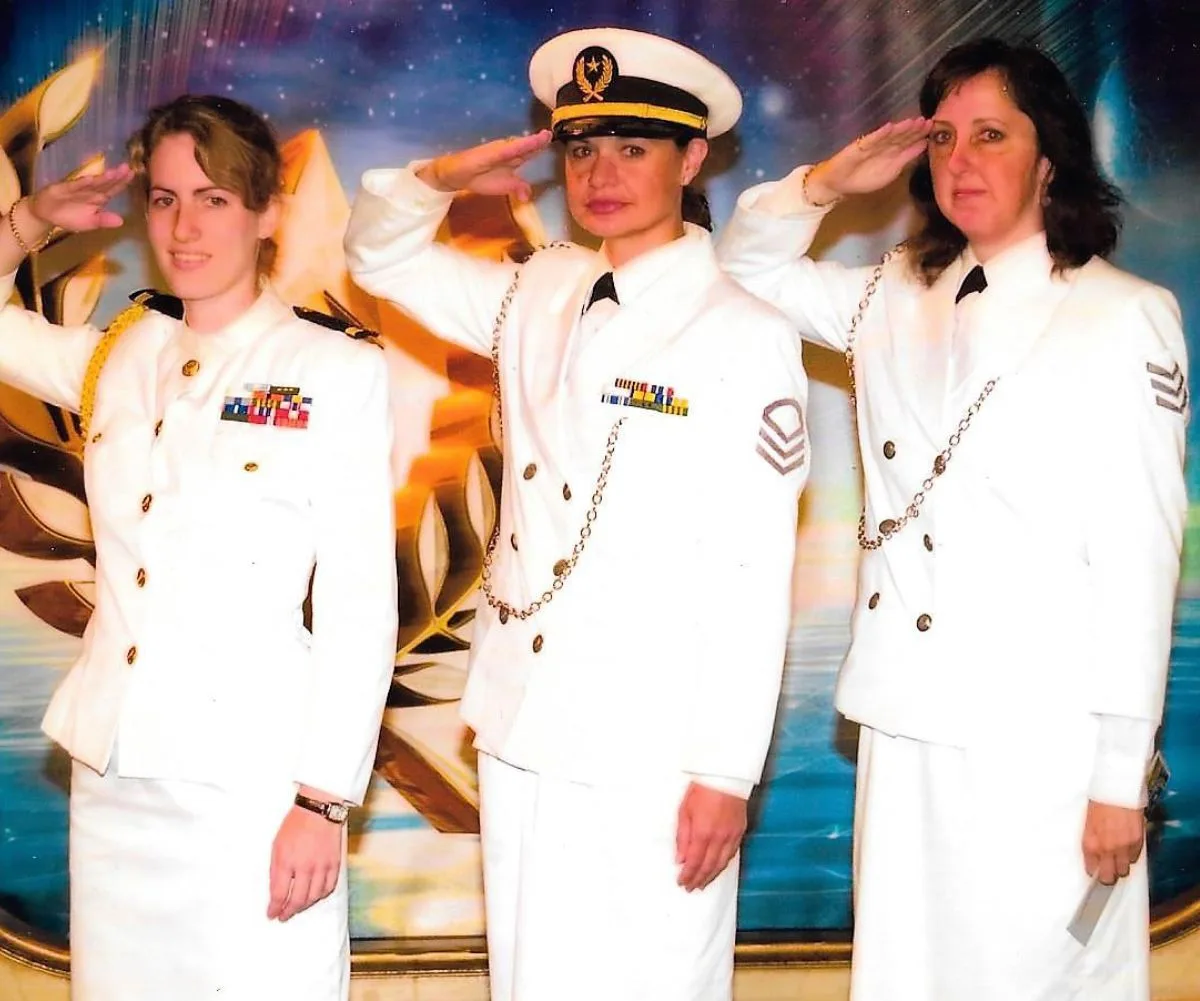
Valeska (pictured left) was stationed on Freewinds, the Scientology cruise ship for more than 11 years.
(Image: Supplied)Her passport was seized, along with her green card and social security card. She was given a cruise card which had to be scanned whenever she wanted to leave the ship.
“If you’re in trouble it beeps and a big R [restricted] comes up,” she says.
For the first six years she was not allowed ashore unaccompanied. Over the following 11 and a half years, Valeska would live on the ship.
At times she was a devoted auditor – essentially a minister of the church who helps restore members “beingness and ability” using Scientology’s practices and technology. At other times she found herself performing long hours of harsh physical labour. In 1997 the decision was made to remove asbestos from the ship. Valeska worked as part of the clean-up crew but was not provided with any protective gear.
To this day she has a raspy cough that punctuates her interview with The Weekly. She’s been screened for Mesothelioma and has so far received the all clear, but she says – coughing – she knows the cancer can take as many as 20 years to develop.
The church says Valeska was on the ship as part of her “religious commitment” and she “left the ship hundreds of times to go shopping” and for other outings.
“She certainly wasn’t forced to be there. She was also never forced to perform labour … On numerous occasions she travelled to various countries around the world.”
Valeska doesn’t deny that she appeared to be a willing crew member, or that there were times when she left the Freewinds. When Melissa, who was still in England, got married, she was granted a week off for her honeymoon. The sisters met up and went horseriding. Soon after that, Melissa left the church for good, and Valeska disconnected from her.
“I was a good Sea Org member so I showed absolutely no emotion,” Valeska says. “I didn’t want to be named PTS [Potential Trouble Source]. So I said, I’m going to disconnect from them and I did. Then at night I was crying my eyes out.”
Melissa understands what was going through her sister’s head when she disconnected.
“Valeska and I are second-generation Scientologists and we literally knew nothing else,” Melissa says. “You don’t associate with anyone outside Scientology. You don’t have friends outside Scientology. So leaving is extremely hard.”
Cut off from her family and being repeatedly punished, isolated and humiliated on the Freewinds, Valeska began to push back against the church. Things began unravelling fast in 2007 when she formed a relationship with another Sea Org member.
They planned to run away, but being a conscientious Sea Org member, Valeska turned herself in and was severely punished.
“Security came and escorted me away. I was put in a room that had a camera outside the door. I was under 24-hour watch and I was put in the engine room.”
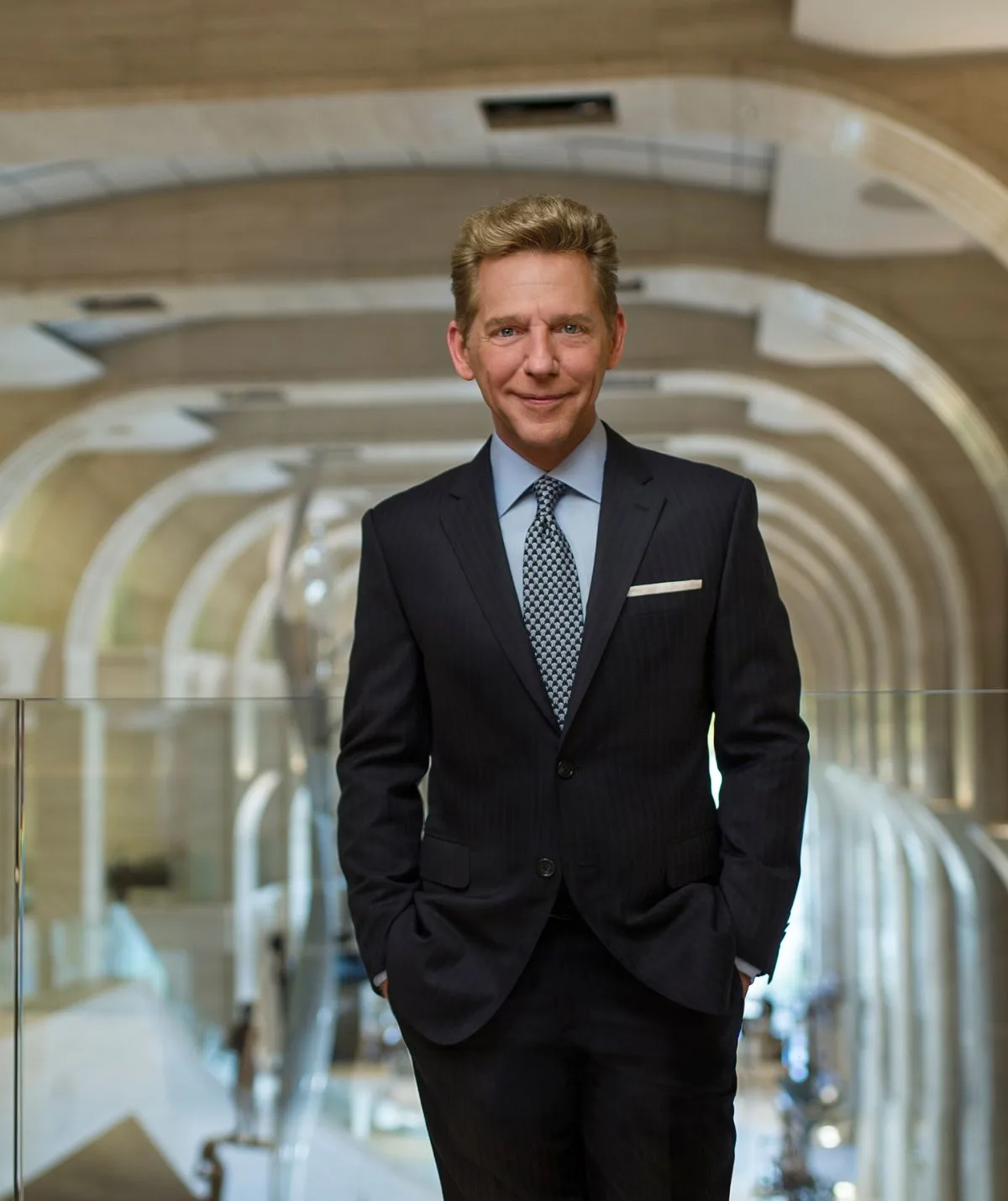
David Miscavige is the Chairman of The Board Religious Technology Center and Ecclesiastical Leader of the Scientology religion.
(Image: Getty)She was working 20-hour days. She wasn’t allowed to talk to anyone. She had to eat her meals in the boiler room. At the end of the day she had to write a cognitive report.
“Like, realisations of how wrong I was,” she explains. “I would just make stuff up. I was so miserable.”
Feeling trapped, she began to seriously contemplate suicide. She remembers picking up a piece of jagged metal and holding it against her wrist.
It was the memory of Melissa that saved her.
“I thought, my sister’s still out there. I don’t know where she is. I don’t even know if she’ll forgive me, but if I get out of here, I could go with her.”
As a result of her disobedience, Valeska was sent to the Rehabilitation Project Force (RPF) in Australia, where she met a former rugby league player, Chris Guider. Relationships are forbidden at RPF, but after the pair “graduated” they married. When Valeska discovered she was pregnant, she knew it was time to leave the church. Sea Org members aren’t supposed to have children and she saw the baby as a chance for a fresh start.
“I refused an abortion so they had to let me leave,” she says.
Once the couple had escaped, Valeska called Melissa. “I was so nervous,” she says.
They were sisters but their relationship had been twisted and tested.
“I was 30 and she was 32 and we didn’t really know each other,” says Melissa.
Although it took a long time for the sisters to rebuild their relationship, forgiveness was granted. Neither of them will ever see their stepmother Angela again, and Valeska says her family is still a “mess” but they have each other. They are once again able to visit their mother in Florida. Their father, who disconnected from them, still refuses contact.
Valeska now has three beautiful children whom she cherishes every day, and Melissa is studying criminal psychology at graduate school. They support each other and are forever bound together by the ordeal they survived.
Melissa becomes emotional when she reflects on how far she and Valeska have come.
“For her to have gotten out at 32, never having known anything else… She’s finished school, she’s an amazing artist, she’s an amazing mother… I’m proud of her.”

